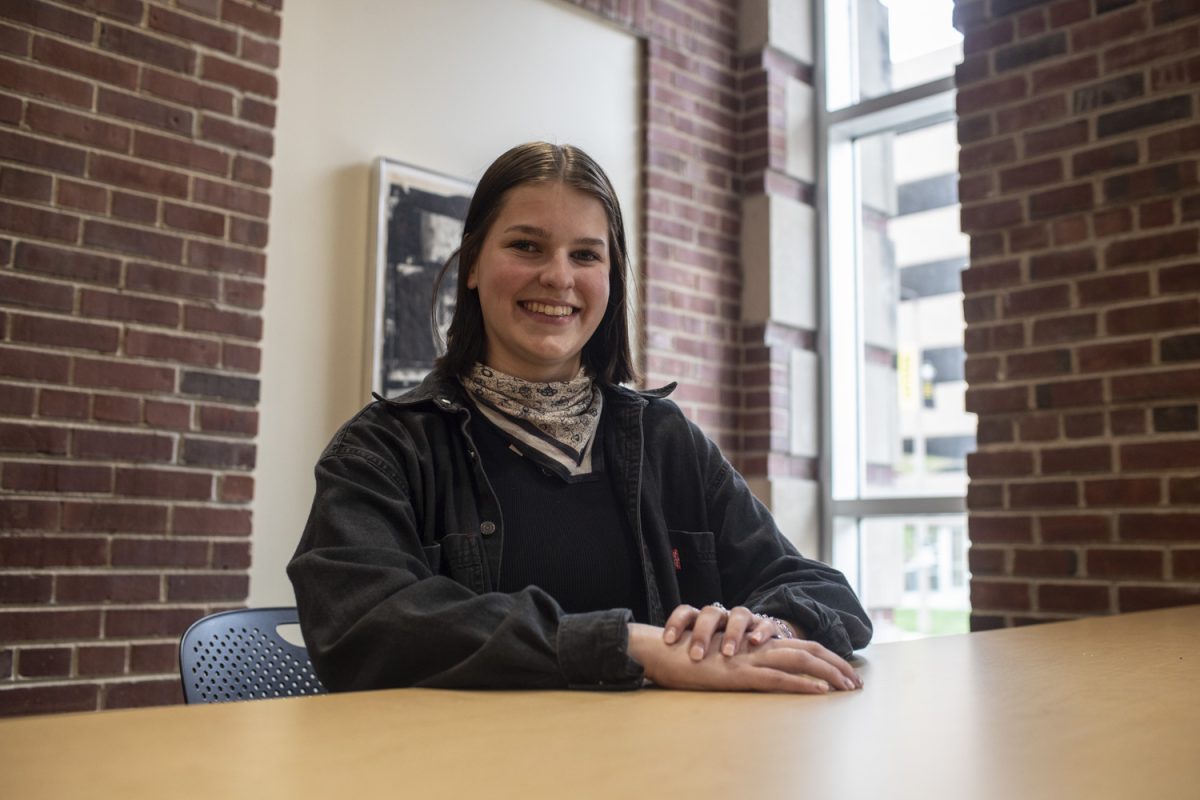While the revelry of Brazilian Carnaval may have passed, the celebration is just getting started on the UI campus.
Carnaval generally occurs in late winter and early spring, in the days leading up to Lent, but the preparations in Brazil begin a year earlier. Dozens of parades across the country march on city streets, with people wearing intricate costumes, designed with specific themes. Celebrations vary from the Eurocentric festivities of Curitiba to Afrocentric celebrations in Bahia.
The Latino and Native American Cultural Center, along with the UI Association of Resident Housing, will host a Brazilian Carnaval at 9:30 p.m. Saturday in Currier Hall. The function will include samba music from the Des Moines-based John Scott Quintet, samba lessons, a capoeira show, a costume competition, and a brief tutorial on the history of Carnaval.
Although many countries in Europe and the Americas have Carnival festivities, none are on the scale of Brazilian Carnaval. For up to a month before Lent, the nation’s population of nearly 192 million people holds sessions of partying and heavy drinking of chopp and caipirinha in every part of the country.
Carnaval is a huge business in Brazil. According to statistics from the national board of tourism, EMBRATUR, Carnaval accounts for 70 percent of foreign tourism in the country.
Fierce nationalism and social importance of the event aside, UI graduate student Luisa Orticelli, the Latino/Native American Center manager, just wants people to know a little about where she comes from.
“For me, it’s so amazing to share my culture with others and educate them,” she said. “It helps with the saudades [yearning or longing]; for four hours, I can be in Brazil.”
The 23-year-old graduate student in the College of Education and a native of Porto Alegre, moved to Pella, Iowa, with her family when she was 9.
Although she has not taken part in Carnaval as an adult in her native land, as a child, she remembers watching on television Rio de Janeiro Carnaval parades, which are known as the most extravagant of them all.
The event’s aim is to expose students to the Brazilian culture, little known outside a world of more 230 million native speakers, and to demonstrate that there is more to term “Latino” than what many in the United States think.
“Just as America had immigration, so did the rest of the continent,” Orticelli said. “To say that Latino is equal to being brown and Spanish, that’s wrong.”
Orticelli stressed that the term “Latino” encompasses all people from countries speaking languages derived from Latin. Although, she said, Brazil’s history and language are different from those of other nations in the region — and most Brazilians don’t consider themselves to be Latino — she considers herself to be one and believes that many are misinformed on the term.
“It’s not defined by skin color or language,” she said.
On the artistic side, University of Northern Iowa music graduate, Nick Leo, whose band will perform at the event, doesn’t know much of the social or historical implications of Carnaval, because for him it’s all about the music.
“It’s not very common for someone to hear Brazilian music in Iowa,” the 22-year-old Iowa City native said.
Leo, who has never been to Brazil, said his closest experience was when he performed in Ames at the Iowa State University Brazilian-Portuguese Association Carnaval.
Unlike the UI Brazilian community, which has approximately 26 students (many of whom leave after their studies), Iowa State University has more than 20 Brazilian families who have settled there permanently.
Because Iowa State boasts renowned engineering and agronomy programs, it attracts more such students than the UI.
Originally, Orticelli was considering not hosting the UI event until she was approached by other members of the Latino and Native American Cultural Center, who, she said, were enthusiastic.
However far from Brazil, she is excited to go back home in spirit.
“You can kill someone’s body and soul, but you can’t kill their roots,” she said.






